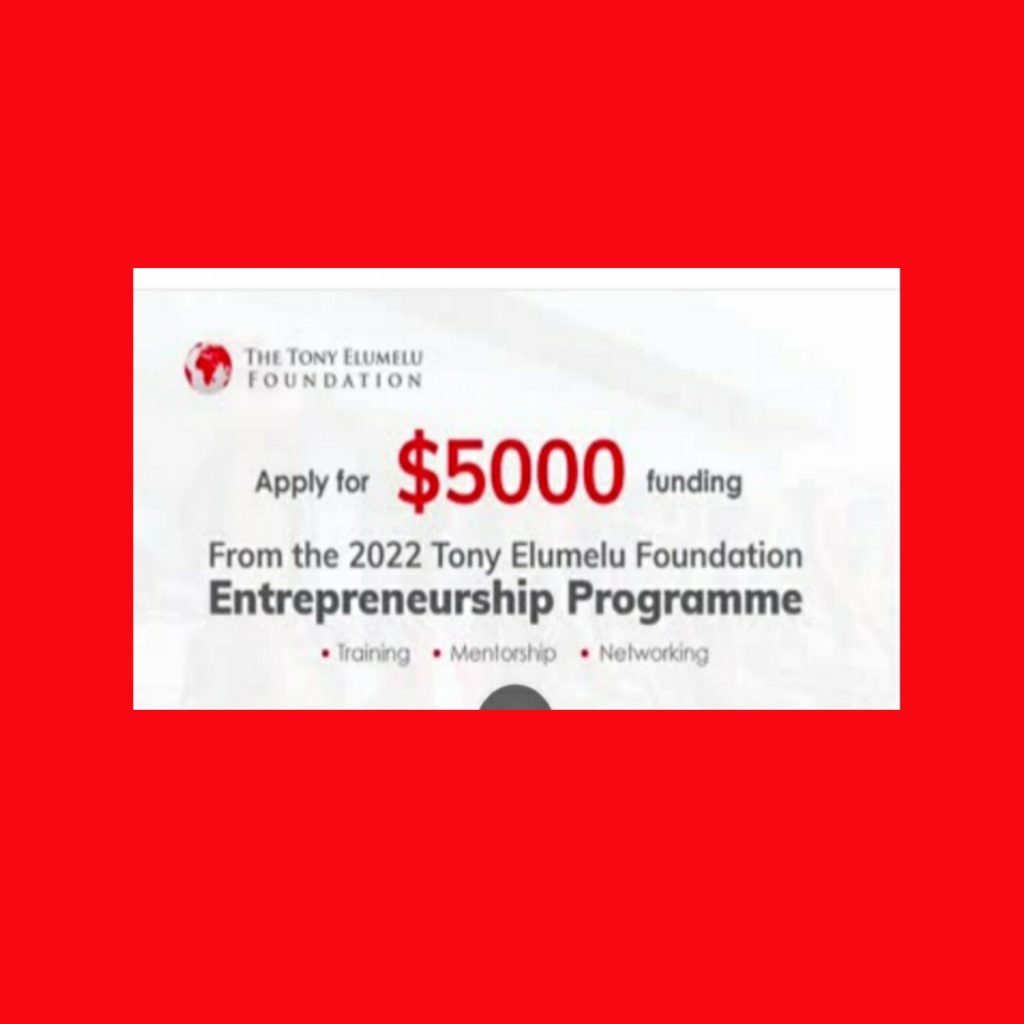
Table of Contents
Introduction: Maximizing your Chances of Success in Grant Applications
Grants play a vital role in funding projects and initiatives across various fields, providing financial support to individuals and organizations with innovative ideas and solutions. However, the process of securing a grant can be highly competitive, requiring applicants to employ effective strategies to increase their chances of success. In this article, we will explore 7 key strategies for maximizing your success your applications.
7 Strategies for Success
1. Identify Suitable Opportunities:
One of the first steps in the grant application process is identifying the opportunities that align with your project or initiative. Conduct thorough research to find the funding that match your goals, mission, and eligibility criteria. Targeting the right opportunity increases your chances of success and ensures that your proposal resonates with the grantor’s objectives.
2. Understand the Requirements:
Before diving into the application process, carefully review the guidelines and requirements of each funding opportunity. Take the time to understand the evaluation criteria and tailor your proposal accordingly. By aligning your proposal with the grantor’s expectations, you demonstrate your commitment to the project and increase your chances of being selected for funding.
3. Develop a Strong Proposal:
Crafting a compelling proposal is essential to capturing the attention of the reviewers. Clearly articulate your project’s objectives, methodology, and anticipated outcomes. Highlight the significance of your project, its potential impact, and feasibility. Use data, evidence, and examples to support your proposal and convince reviewers of its merit.
4. Provide Supporting Documentation:
In addition to your proposal, include relevant supporting documentation to strengthen your application. This may include budgets, timelines, letters of support, and other materials that provide additional context and credibility to your project. Present information in a clear, organized, and persuasive manner to enhance the overall impact of your application.
5. Demonstrate Impact and Sustainability:
Grantors are interested in funding projects that have the potential to make a meaningful impact and can be sustained over time. Clearly demonstrate the potential impact and sustainability of your project. Outline plans for measuring success, evaluating outcomes, and ensuring long-term viability. By demonstrating the value and longevity of your project, you increase your chances of securing funding.
6. Seek Feedback and Review:
Before submitting your application, seek feedback from mentors, peers, or grant writing professionals. Their insights can help identify areas for improvement and strengthen your proposal. Be open to feedback and willing to revise and refine your application based on constructive criticism. A well-reviewed proposal is more likely to stand out to grant reviewers.
7. Submit a Polished Application:
Finally, before submitting your application, ensure that it is polished and error-free. Proofread your proposal carefully to catch any errors in grammar, spelling, or formatting. Follow all submission instructions and deadlines meticulously to avoid disqualification. By submitting a professional and well-prepared application, you demonstrate your professionalism and commitment to the grantor’s requirements.
Conclusion
Securing a grant requires careful planning, strategic thinking, and effective communication. By following the strategies outlined above, you can maximize your chances of success in your applications. Remember to tailor your approach to each opportunity, highlight the significance of your project, and demonstrate its potential impact and sustainability. With persistence, diligence, and strategic planning, you can increase your chances of securing funding for your projects and making a positive difference in your field.
Grant writing can be a challenging and competitive process, but it is also incredibly rewarding. Don’t be discouraged by setbacks or rejections—use them as learning opportunities to improve your skills and refine your approach. With determination, perseverance, and a well-crafted proposal, you can increase your chances of securing the funding you need to bring your ideas to life. For more information, read this article by Grants.gov.
Candidates also apply to:
Scholarship Opportunity: University of Adelaide Global Academic Excellence Scholarship 2024
Grants 2024: Earth Journalism Network (EJN) Biodiversity Media Grants
Graça Machel Trust: Women Creating Wealth Intergenerational (WCW-I) Edition 2024 For African Women
NNPC/TotalEnergies International Scholarship 2024 (Fully Funded)







